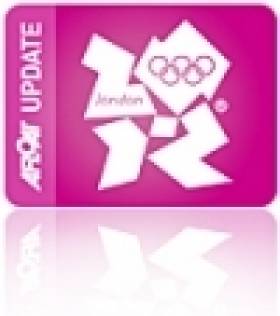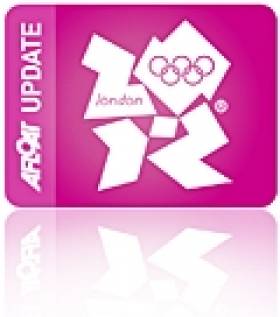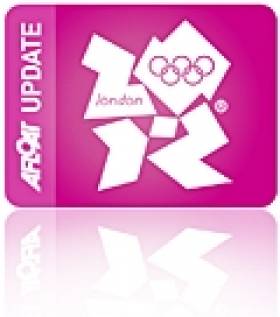Displaying items by tag: 49er sailing
Irish Sailors Encamped in Fremantle
The Irish Times reports that Ireland's sailing team have encamped to Fremantle in western Australia for some invaluable training ahead of the ISAF World Championships in Perth next year.
Though the Irish contingent is a much smaller one than that at Weymouth in August - the scheduled venue for sailing at the 2012 Olympics - and reports of shark sightings and attacks in the area are apparently on the rise, those who did make the trip were determined not to waste the opportunity.
“Between the breeze and the nice temperature our training is much more effective than back at home,” said 49er skiff crewer Matt McGovern.
He joins fellow 49er Ryan Seaton and Laser Radial sailor Annalise Murphy at the Perth International Regatta this week. Single-hander Ross Hamilton is also competing but outside the auspices of the Irish Sailing Association’s Olympic group.
Silver Fleet for Irish 49er
Winds of up to 20 knots near Gdansk in Poland tested 49er crews at the European Championships yesterday as the fleet neared the split for silver and gold.
Top Irish team Ryan Seaton and Matt McGovern improved on their 38th overall standing, but couldn't make the top 25. With a further BFD on their scorecard, they now sit in 8th position in the Silver Fleet going into the final two days of racing. There's no gradient breeze to speak of forecast for the lads today, but with high temperatures, a solid sea breeze could be on the cards.
Ed Butler and Ben Lynch are fourth in the bronze fleet, with Marcus Spillane and Amish Ved in 23rd.
Pietro and Gianmarco Sibello won both races yesterday to propel them to the top but with only a one- point lead over British sailors Stevie Morrison and Ben Rhodes. Chris Draper and Peter Greenhalgh are another single point adrift in third.
Event website is HERE.
Irish 49ers Move up Scoreboard
Ireland's 49er campaigners Ryan Seaton and Matt McGovern made moves on the top half of the fleet at the 49er Europeans yesterday, with three top 15 results propelling them into 40th overall. They still have some way to go to make the top 25 for the gold fleet, however. Youth sailors Ed Butler and Ben Lynch made positive moves also with a string of results in the mid-twenties moving them up to 62nd.
Results from the event are available as a pdf download HERE.































































